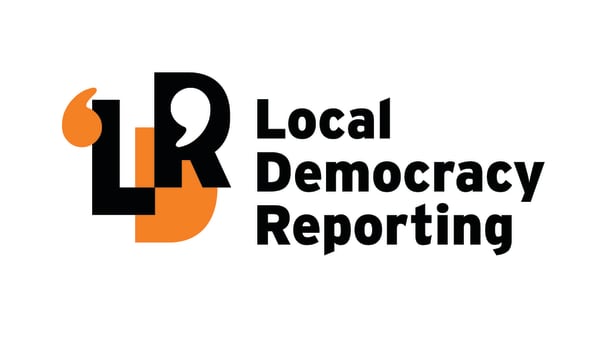Can Gisborne residents play a role in climate policy and decision-making?
Gisborne District Council (GDC) commissioned a community-led project to find out.
With extreme weather events on the rise, the council employed Te Weu Charitable Trust to investigate a “deliberative democracy” approach and look into whether local communities could help in their own adaptation planning.
Te Weu presented the first part of their research to GDC on Wednesday.
The research looked into what communities are already doing and how governance can support them.
This part of the study involved local researchers conducting interviews within three case study communities to investigate the recovery response and report on plans for climate resilience.
Councillor Rawinia Parata approved of the “locally led researchers” approach.
Locals knew how to engage with their own communities and already had that trust, she said.
The study revealed some groups were already conducting their own planning and found a need for governance to include pre-existing local groups in their climate response adaptation. It also highlighted the importance of using social media and the networks of pre-existing groups to spark conversations on future planning for climate change.
“If we did a stocktake of the skills in our community, I think we would be blown away. We’ve got farm workers who know the land,” one interviewee said.
The next part of the study will investigate the “deliberative democracy approach” and how it can work for the Gisborne region.
Representatives from Koi Tū — the Centre for Informed Futures at the University of Auckland — attended the meeting to inform on the benefits of a deliberative approach.
Koi Tū associate director Kristiann Allen said traditionally science advisory forgoes community and instead “goes directly to governance and decision-makers”.
“But we know these big socio-economic and ecological problems are about communities,” she said.
The deliberative approach works by randomly selecting members of the community to create a citizen assembly, which demographically represents the region.
The committee then makes a collective and informed decision for community planning that can be brought forward to decision-makers.
The first stage of the research fed the information from the community into the assembly, researcher Terrance Loomis said.
Gisborne Mayor Rehette Stoltz said: “People often have strong opinions on certain topics. How do you prevent skewed results from those louder voices influencing the group?”
Ms Allen said if the committee came in with any surface-level ideas, they would have an opportunity to be educated on the complexity of each issue.
“We don’t use these processes for simple yes or no questions.”
Deliberative democracy allowed people of different social spaces to come together and be educated on the issues that affected them, so they could collectively form a consensus, she said.
“The problem with conventional public consultation surveys is they only gain surface impressions of public opinion.
“People normally gather these opinions through news articles, headlines and sound bites, but rarely have an opportunity to have these opinions challenged”, she said.
Deputy Mayor Josh Wharehinga said he agreed with the process in theory but questioned how the research would engage disenfranchised communities “such as ‘the hood’ because a letter drops is not going to work”.
Ms Allen said recruitment advertising needed to be versatile so each community found the process approachable and accessible.
The assembly would be paid for their time and helped with any barriers that might make participation difficult — such as childcare.
Koi Tū also highlighted that co-development of the manu whenua was an important part of the process.
The deliberative democracy approach has been applied for policy decisions internationally and has been used in Auckland to explore the future of its water supply.









